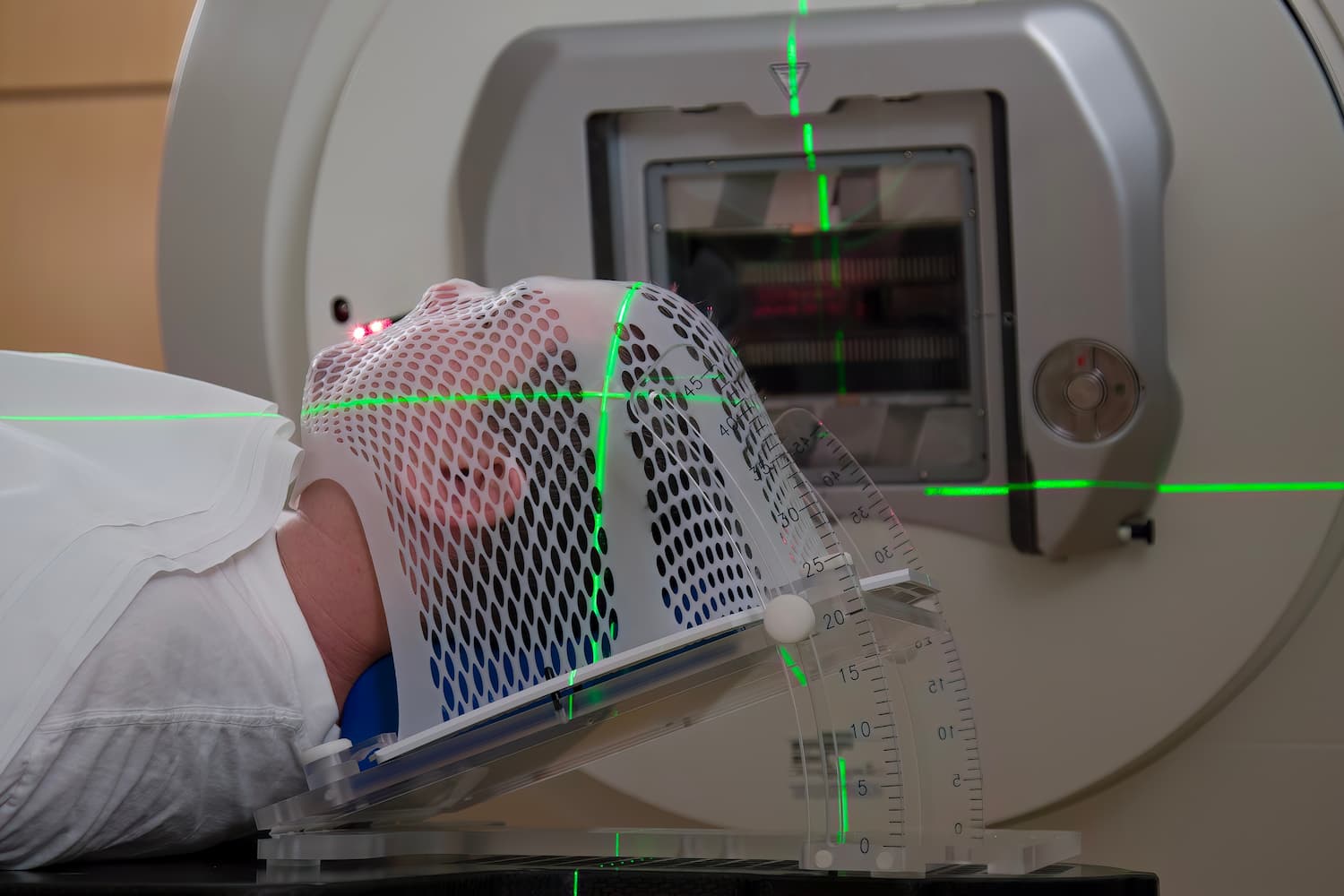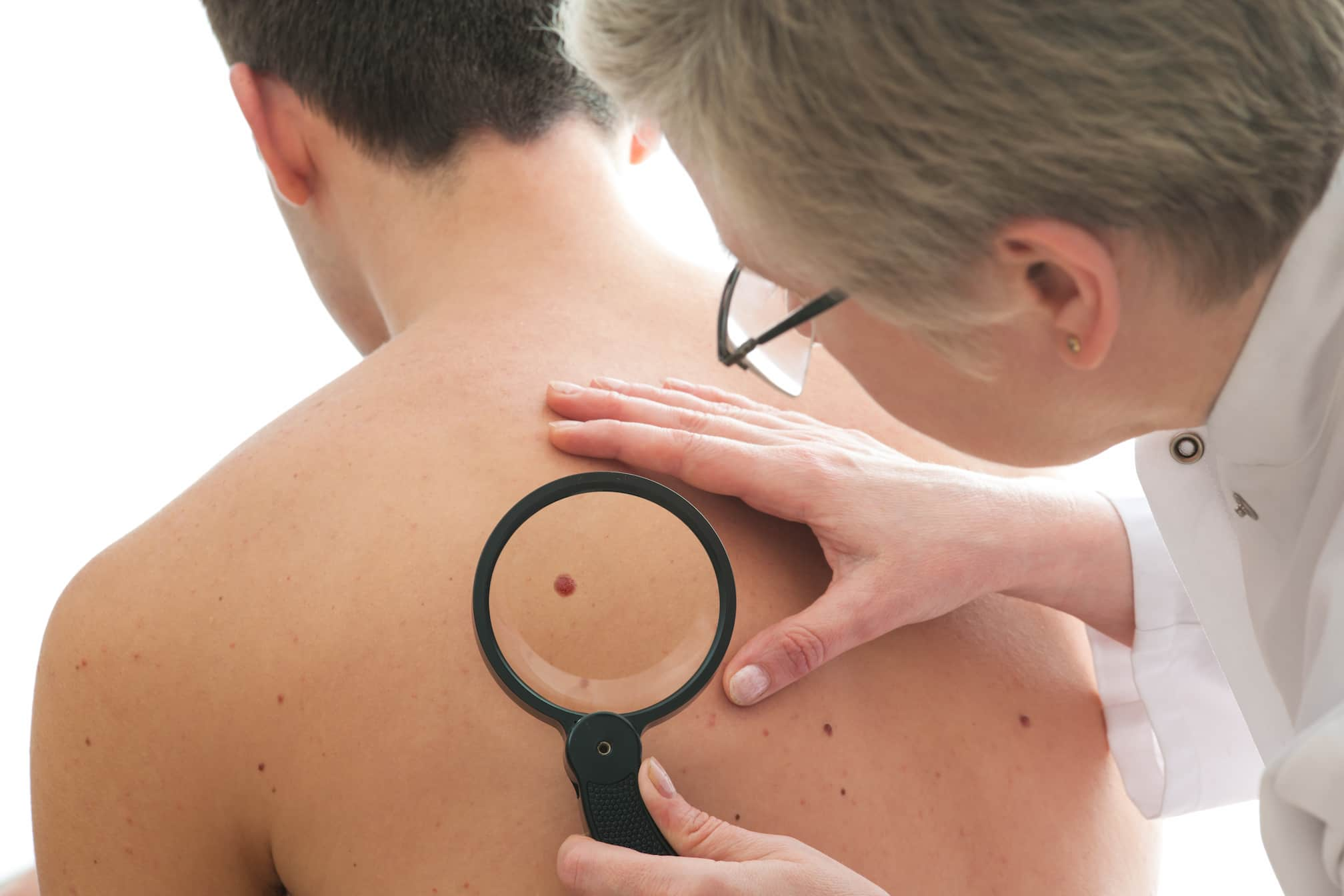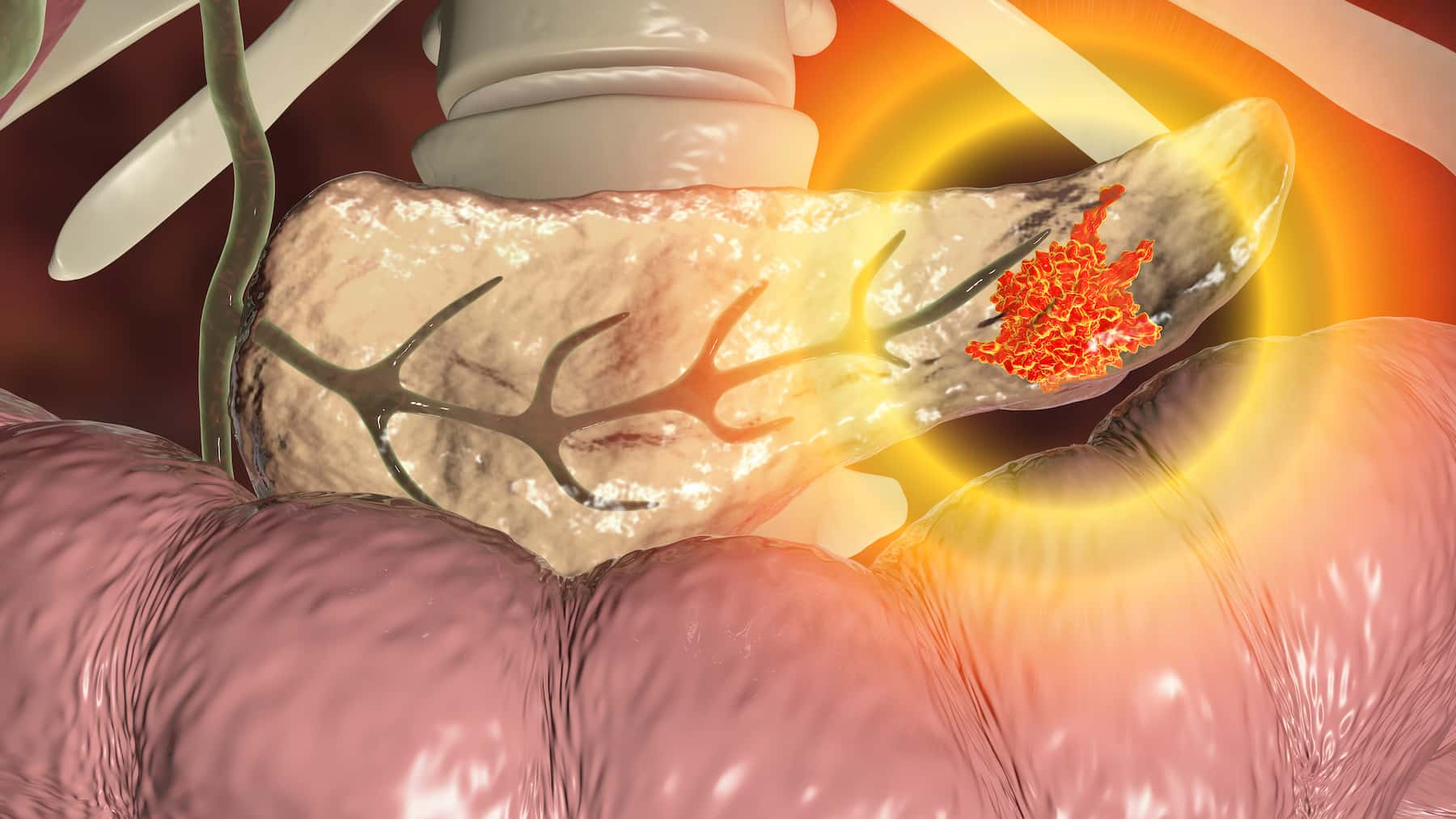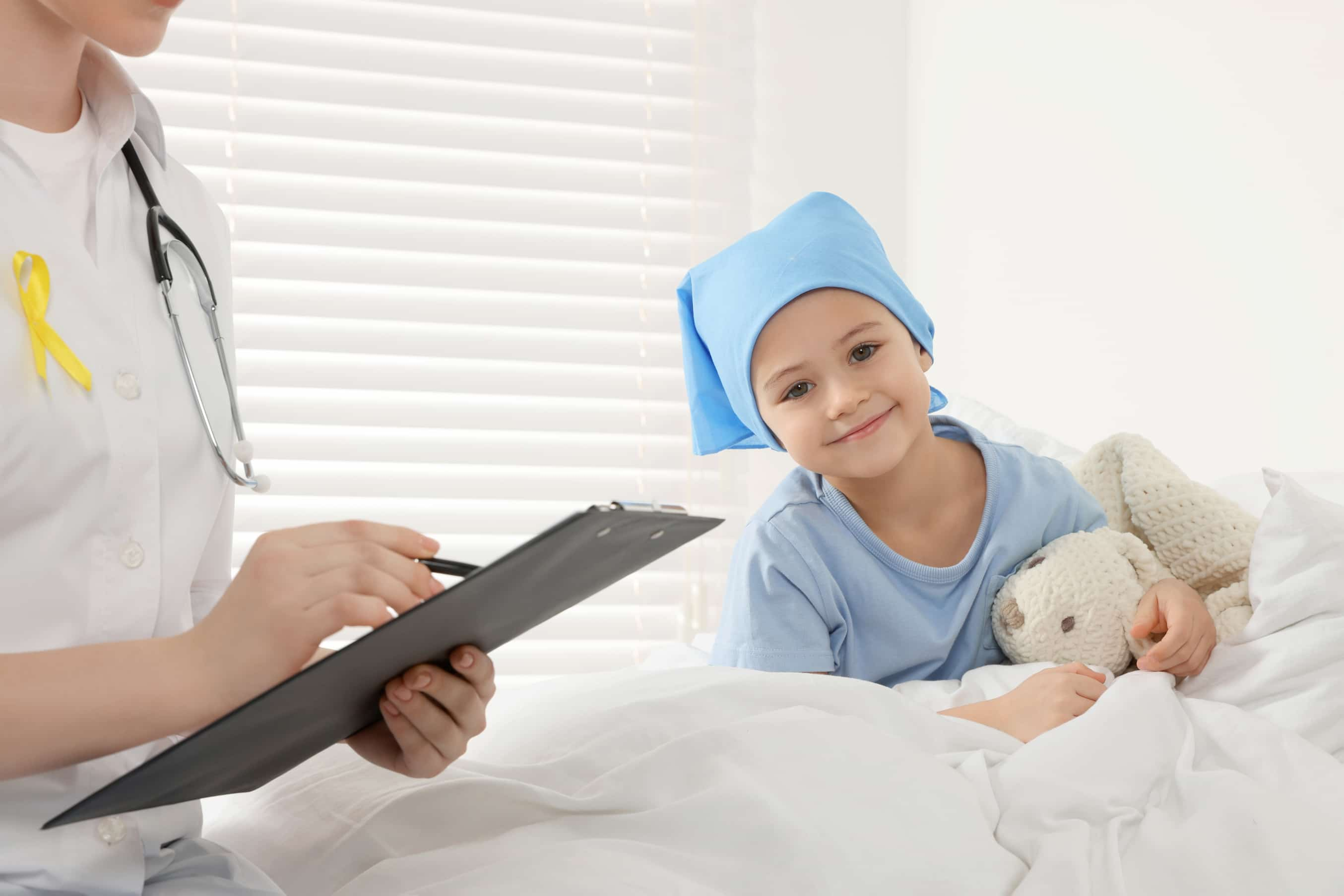
Pediatric Oncology Treatment Options
Getting the diagnosis that your child has cancer is a painful experience for any parent. Because of the progress that has been made in pediatric oncology, it is now possible for a greater number of children to get successful treatment and make a full recovery from their illness. If your child has been diagnosed with cancer, you need to have a solid understanding of the various treatment options that are at your disposal as well as the outcomes that you can anticipate from each one.
Early detection of pediatric cancers is crucial to achieving the best possible outcomes for children with cancer. When cancer is detected early, it is often easier to treat and may be more responsive to treatment. Early detection can also help prevent the cancer from spreading to other parts of the body, reducing the need for more aggressive treatments. Regular health check-ups, including physical exams and screenings, can help detect cancer early. Parents need to be aware of any signs or symptoms that may indicate cancer, such as unexplained weight loss, fever, fatigue, or persistent pain. Prompt evaluation and diagnosis can help ensure that children receive timely and appropriate treatment, improving their chances of a successful recovery.
A Parent’s Guide to Cancer in Children
Receiving a cancer diagnosis for your child can be overwhelming and scary. However, there are resources and support available to help you navigate this difficult time. As a parent of a child with cancer, it’s important to educate yourself about the disease and its treatment options, as well as any potential side effects. Communicating with your child’s healthcare team and advocating for their needs is also crucial.
You may also find it helpful to connect with other families who are going through similar experiences and to seek out counseling or support groups to help you deal with the emotional impact of your child’s diagnosis. This can be done by looking for other families who are going through similar experiences and making connections with them. You will have a far better chance of your child making a full recovery if you can provide them with the resources and support they need to receive the highest quality treatment.
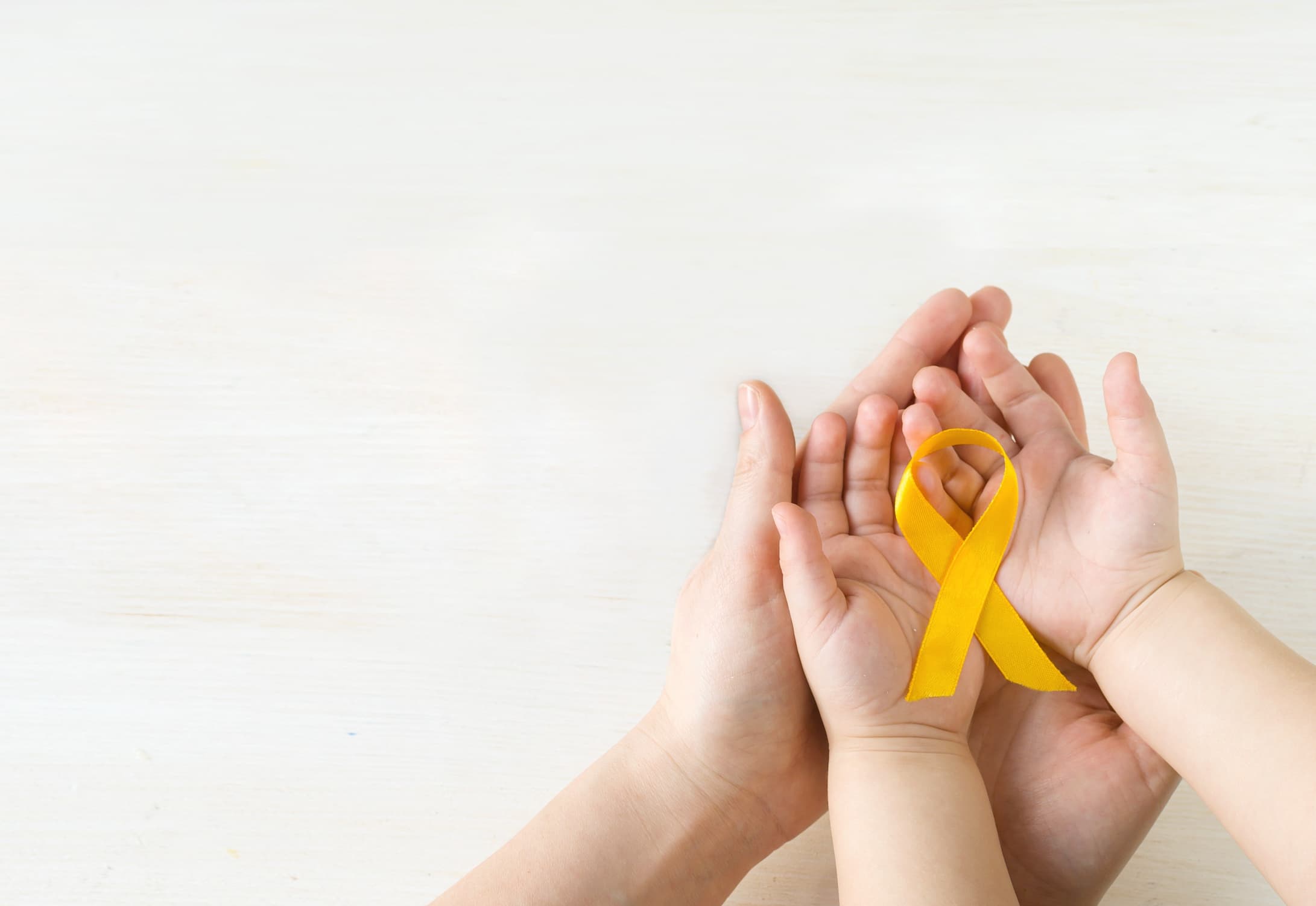
Healthy Türkiye Provides Cancer Treatments for Children
Pediatric oncology treatment types in Turkey include chemotherapy, radiation therapy, surgery, immunotherapy, targeted therapy, and clinical trials. Chemotherapy involves using drugs to kill cancer cells throughout the body, while radiation therapy uses high-energy radiation to destroy cancer cells.
Surgery may be used to remove a tumor or biopsy a suspicious area. Immunotherapy involves using the body’s immune system to fight cancer, while targeted therapy targets specific genes or proteins involved in the growth and spread of cancer cells. Clinical trials test new treatments for cancer and may offer children access to new treatments not yet available to the general public. The choice of treatment will depend on the type and stage of the cancer, as well as the child’s age, overall health, and other factors. The treatment plan will be tailored to each child’s specific needs to achieve the best possible outcomes.
Chemotherapy for Children
Chemotherapy is a common treatment for childhood cancer. It involves the use of drugs to kill cancer cells throughout the body. The drugs may be administered through an IV, injection, or oral medication. Chemotherapy can cause side effects such as hair loss, nausea, vomiting, and fatigue. Your child’s healthcare team will monitor them closely to ensure that they are receiving the appropriate dosage and managing any side effects.
Radiation Therapy for Children
Radiation therapy uses high-energy radiation to destroy cancer cells. It may be used alone or in combination with other treatments. Radiation therapy can cause side effects such as skin irritation and fatigue. Your child’s healthcare team will work with you to manage any side effects and ensure that they receive the appropriate amount of radiation.
Radiation Therapy for Children
Surgery may be used to remove a tumor or biopsy a suspicious area. The type of surgery your child will undergo will depend on the location and stage of the cancer. Surgery may be used alone or in combination with other treatments. Your child’s healthcare team will discuss the potential risks and benefits of surgery with you.
Immunotherapy for Children
Immunotherapy is a newer form of cancer treatment that involves using the body’s immune system to fight cancer. It may involve the use of antibodies, vaccines, or other substances to stimulate the immune system. Immunotherapy may be used alone or in combination with other treatments. Your child’s healthcare team will discuss the potential benefits and risks of immunotherapy with you.
Targeted Therapy for Children
Targeted therapy is a type of cancer treatment that targets specific genes or proteins that are involved in the growth and spread of cancer cells. It may be used alone or in combination with other treatments. Targeted therapy can cause side effects such as skin rash, diarrhea, and fatigue. Your child’s healthcare team will work with you to manage any side effects and ensure that they receive the appropriate dosage.
Clinical Trials for Children
Clinical trials are research studies that test new treatments for cancer. They may involve new drugs, combinations of drugs, or new treatment approaches. Clinical trials may offer your child access to new treatments that are not yet available to the general public. Your child’s healthcare team can help you determine if a clinical trial may be a good option for your child.
The Study of Pediatric Oncology Treatment Options
In a recent comprehensive study conducted by leading experts in pediatric oncology, the researchers examined treatment options and outcomes for children diagnosed with cancer. This extensive study involved a large cohort of pediatric cancer patients and analyzed the effectiveness of various treatment modalities, including chemotherapy, radiation therapy, surgery, immunotherapy, targeted therapy, and participation in clinical trials. The findings showed that treatment plans were highly individualized, taking into account the type and stage of cancer, the child’s age, overall health, and various other factors. The study demonstrated that early detection plays a crucial role in achieving successful outcomes, emphasizing the importance of regular health check-ups and awareness of potential cancer symptoms in children. Additionally, the research highlighted the significance of parental education and support in navigating the complex landscape of pediatric oncology, and it encouraged open communication and collaboration between healthcare providers and families.
Healthy Türkiye Notes
For women who have experienced a traumatic pelvic exam and are experiencing symptoms of PTSD, it is important to seek support from a healthcare provider or mental health professional. This can include talking about the trauma and finding coping strategies that work for the individual, such as mindfulness or cognitive-behavioral therapy. It is also important to know that it is okay to set boundaries and advocate for oneself during future exams.

